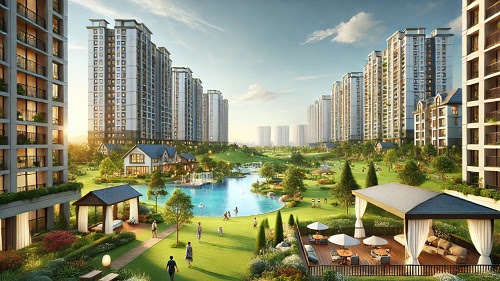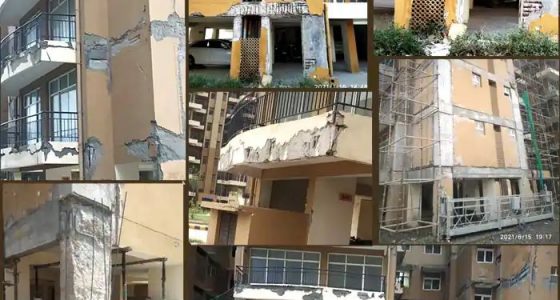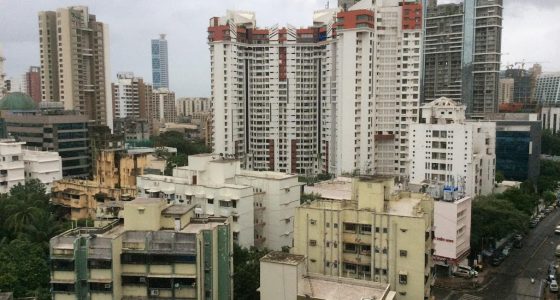India’s luxury housing sector has seen a significant boom, with total sales reaching ₹279,309 crore in H1 FY2025 (April-September 2024), marking an 18% increase over the same period last year. CREDAI-MCHI, the apex body of real estate developers, unveiled its latest report highlighting a shift towards premium properties in India’s top seven metropolitan cities, driven by strong demand for larger, more luxurious homes.
Despite a slight 3% decline in the total number of units sold, the average price of homes surged to ₹1.23 crore from ₹1 crore in H1 FY2024, reflecting a growing preference for high-end residences. This sharp rise in property prices signifies an evolving trend in India’s housing market, with buyers increasingly opting for properties offering enhanced lifestyle features and investment potential.
Speaking on the findings, Keval Valambhia, Chief Operating Officer of CREDAI-MCHI, commented, “The growth in India’s luxury housing market is a reflection of its resilience and adaptability. Buyers are gravitating towards premium homes that offer not only superior living experiences but also strong investment value. At CREDAI-MCHI, we are committed to fostering an environment that supports this growth, ensuring innovation, quality, and sustainability in urban real estate development.”
Key Highlights:
- Total sales value across the top seven cities increased by 18%, reaching ₹279,309 crore in H1 FY2025.
- The average ticket size of homes rose to ₹1.23 crore, a significant increase from ₹1 crore in H1 FY2024.
- NCR led the charge with a 56% growth in average ticket size, reaching ₹1.45 crore, and a 55% increase in sales value, totaling ₹46,611 crore.
- The MMR market showed consistent performance, with average ticket size steady at ₹1.47 crore and sales value rising by 2% to ₹114,529 crore.
- Bengaluru saw a 44% jump in both average ticket size (₹1.21 crore) and sales value (₹37,863 crore).
- Hyderabad experienced a 37% rise in average ticket size to ₹1.15 crore, with sales value up 28% to ₹31,993 crore.
- Chennai saw the average ticket size grow by 31% to ₹95 lakh, with a 20% increase in sales value, reaching ₹9,015 crore.
- Pune reflected strong growth in the affordable luxury segment, with the average ticket size up 29% to ₹85 lakh and sales value increasing by 19% to ₹34,033 crore.
- Kolkata showed moderate growth, with average ticket size rising 16% to ₹61 lakh.
Across these cities, the trend is clear: buyers are increasingly prioritizing larger, well-equipped homes in prime locations. This shift towards premium living is driving a steady rise in sales values, even as unit sales have slightly declined in some regions.
The sustained growth of India’s luxury housing sector is being fueled by rising disposable incomes, a growing affluent class, and an increasing demand for high-end living. Developers are expected to focus on sustainability, innovative designs, and world-class amenities to cater to the evolving demands of luxury homebuyers.
The CREDAI-MCHI report emphasizes the role of the luxury real estate market in shaping the future of urban housing in India, encouraging informed decision-making among stakeholders and driving the sector to new heights.









